 |
| Hey! Looks like there's a new iPhone coming out! |
The golf links lie so near the mill
That almost every day
The laboring children can look out
And see the men at play.
 |
| Hey! Looks like there's a new iPhone coming out! |

The 10,000 hour rule—first proposed by a Swedish psychologist and later made famous in Malcolm Gladwell's Outliers—states that exceptional expertise requires at least 10,000 hours of practice. The best of the best (the Beatles, Bill Gates) all amassed more than 10,000 hours of practice before rising to the top, Gladwell argued. So greatness is within virtually any person's grasp, so long as they can put in the time to master their skill of choice.
A new meta-analysis, however, indicates that the 10,000 hour rule simply does not exist. As Brain's Idea reports, authors of the new study undertook the largest literature survey on this subject to date, compiling the results of 88 scientific articles representing data from some 11,000 research participants. Practice, they found, on average explains just 12 percent of skill mastery and subsequent success. "In other words the 10,000-Hour rule is nonsense," Brain's Idea writes. "Stop believing in it. Sure, practice is important. But other factors (age? intelligence? talent?) appear to play a bigger role."
 |
| "It's spelled, M-A-C-A-R-T-H-U-R." |
Douglas McAuthur McCain, tattooed and thin, never stayed in one place long. Born on Jan. 29, 1981, in Illinois, he would spend 33 years hopping from school to school, from business to business, continent to continent — until, finally, he landed in Syria, where he became the first American reported to die fighting for the Islamic State.
Much of the Douglas McAuthur McCain story remains unclear. It’s unclear how he died in a recent Islamic State battle, into which he carried his American passport and $800. It’s unexplained what led him down a path to Islamist radicalization and violence. And it’s unknown whether he traveled alone.
...
It was around that time [i.e., after failing to finish high school] that McCain started getting in trouble. Over the next eight years, he amassed nine misdemeanor convictions, according to Minnesota state court records. Problems began with a 2000 conviction for disorderly conduct. Then, in 2001, he was busted for misdemeanor theft. Two years later came a misdemeanor conviction for marijuana possession — his first of two minor busts for that offense. His driver’s license was eventually revoked, but McCain kept driving and got caught for that, too.
...
But his social media soon suggested [that he was not a "regular American kid"]. His tenure on Twitter began innocuously [sic] with a late 2012 dispatch: “I’m not feelin this Twitter sh– … wallahi I wants fried chicken. … Watching the Help starting to make me hate white people. … Ok its official f— white people.” He spoke of smoking hookah, watching National Geographic, his Somali friends and his growing religious zeal.
But on Facebook, his imprint was substantially darker. In 2010, McCain, who later traveled to Sweden and Canada, uploaded several images of the black Islamist militant flag. His photo spread became a confounding mixture of family life beside militants clutching swords and images of gold-plated firearms. Then there was this message: The “soldiers of Allah” are “coming back.”
 |
| "Watching the Help starting to make me hate white people. … Ok its official f— white people.” -- Douglas McAuthur McCain, former jihadi. |

 |
U.S. Attorney Rudolph Giuliani, center, Sen. Alfonse D’Amato, right, and Benjamin Baer, chairman of the U.S Parole Commission, pose in undercover clothes in this July 9, 1986 file photo, after D’Amato bought what he later told a news conference were vials of crack on a New York City street. (AP Photo/Richard Drew, File) |



One of my fears in the early years of the Iraq war was that if it proved to be the wrong war—if no weapons of mass destruction were found, if sustained unrest showed Saddam Hussein was the garbage-pail lid who kept the garbage of his nation from spilling out—it would mean that at some time in the future when America really needed to fight and had to fight, she would not. I feared the war's supporters would be seen to have cried wolf, and someday there would be a wolf and no one would listen. Now there is a wolf.
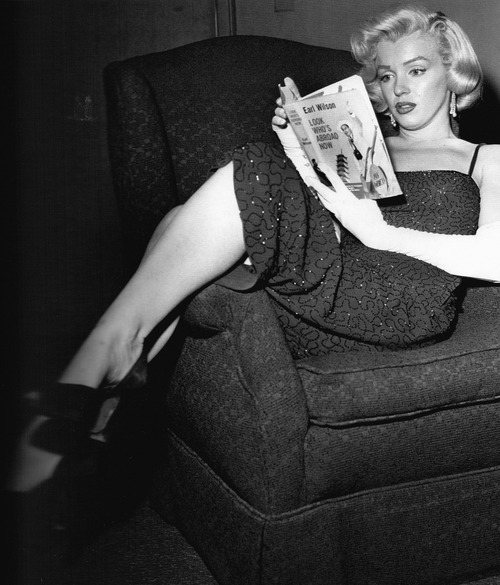
"The mind which is exercised on books is not being strained and stretched. It is being used for its proper purpose. To smother it with newspaper pulp, shiny clay magazines, and gossip, so as to keep it from bursting, is like keeping the eyes shut all day to rest them."

| BUSY, curious, thirsty fly! | |
| Drink with me and drink as I: | |
| Freely welcome to my cup, | |
| Couldst thou sip and sip it up: | |
| Make the most of life you may, | 5 |
| Life is short and wears away. | |
| Both alike are mine and thine | |
| Hastening quick to their decline: | |
| Thine 's a summer, mine 's no more, | |
| Though repeated to threescore. | 10 |
| Threescore summers, when they're gone, | |
| Will appear as short as one! |

.jpg)
"It was not until he appeared with his friend Steve McQueen and a sterling ensemble cast in the 1963 war film “The Great Escape,” his first Hollywood feature, that he found a trans-Atlantic audience. His role, as a British officer masterminding an escape plan from a German prisoner-of-war camp, was integral to one of the most revered and enjoyable of all World War II films."
He speaks directly to students, giving this advice, for example, about cracking the mold while at college: “Don’t talk to your parents more than once a week, or even better, once a month. Don’t tell them about your grades on papers or tests, or anything else about how you’re doing during the term.” He concludes this litany this way: “Make it clear to them that this is your experience, not theirs.”
(Note to my children: This is excellent advice. If you take it, I will kill you.)
| Thanksgiving chez Garner might be a bit awkward this year. |

“Always assume that there is one silent student in your class who is by far superior to you in head and in heart.” This is the counsel Leo Strauss, among the most consequential teachers and scholars of political philosophy in the 20th century, offered an advanced graduate student who had asked for a general rule about teaching.
In a short essay published in the early 1960s, “Liberal Education and Responsibility” (based on a public lecture he gave), Strauss elaborated on his exquisite advice. “Do not have too high an opinion of your importance,” he said, “and have the highest opinion of your duty, your responsibility.”
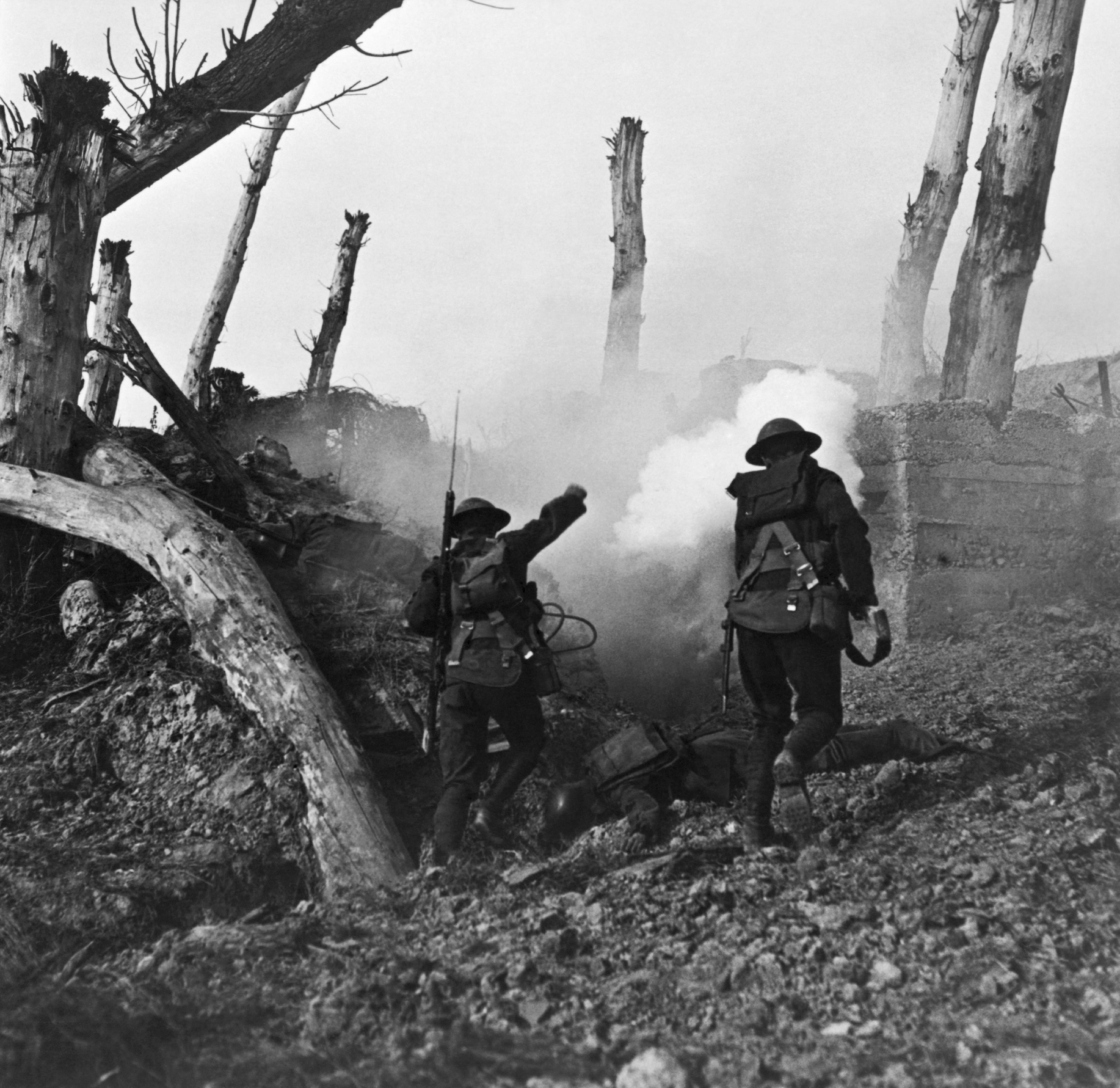
"As you read of the [First World War] and its aftermath, you are always stopped by this fact: There is no recorded instance of masses of people gathering together to weep the day it was declared. They should have. The beautiful world they were day by day constructing was in jeopardy and ultimately would be consumed. Yet when people heard the news they threw their hats in the air, parading and waving flags in every capital. In Berlin “crowds thronged the streets shouting, cheering, singing patriotic songs.” In London the same. In St. Petersburg thousands waved banners and icons. In Paris, as the city’s regiments pushed off, “an immense clamour arose as the Marseillaise burst from a thousand throats.”
Western Europe hadn’t had a big and costly ground war since 1871. Maybe they forgot what war was. Surely some would have liked the drama and excitement—the interruption in normality, the break in the boring dailiness of life. Or the air of possibility war brings—of valor, for instance, and shown courage. Camaraderie, too, and a sense of romantic engagement with history. A sense of something to live for—victory.
Once a few years ago a reporter who had covered wars talked about this with a brilliant, accomplished, famously leftist editor in New York. At the end of a conversation on a recent conflict the reporter said, quizzically: “Why is there so much war? Why do we do that?”
“Because something’s wrong with us,” the editor replied."

 |
| This fellow "smalin" has done a remarkable job with these computer graphics -- a fascinating way to listen. |
 |
| The Mask of Agamemnon |
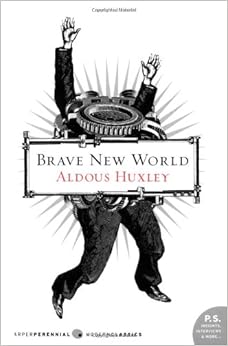
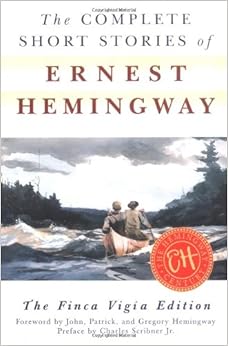
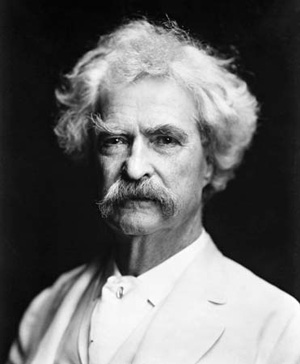

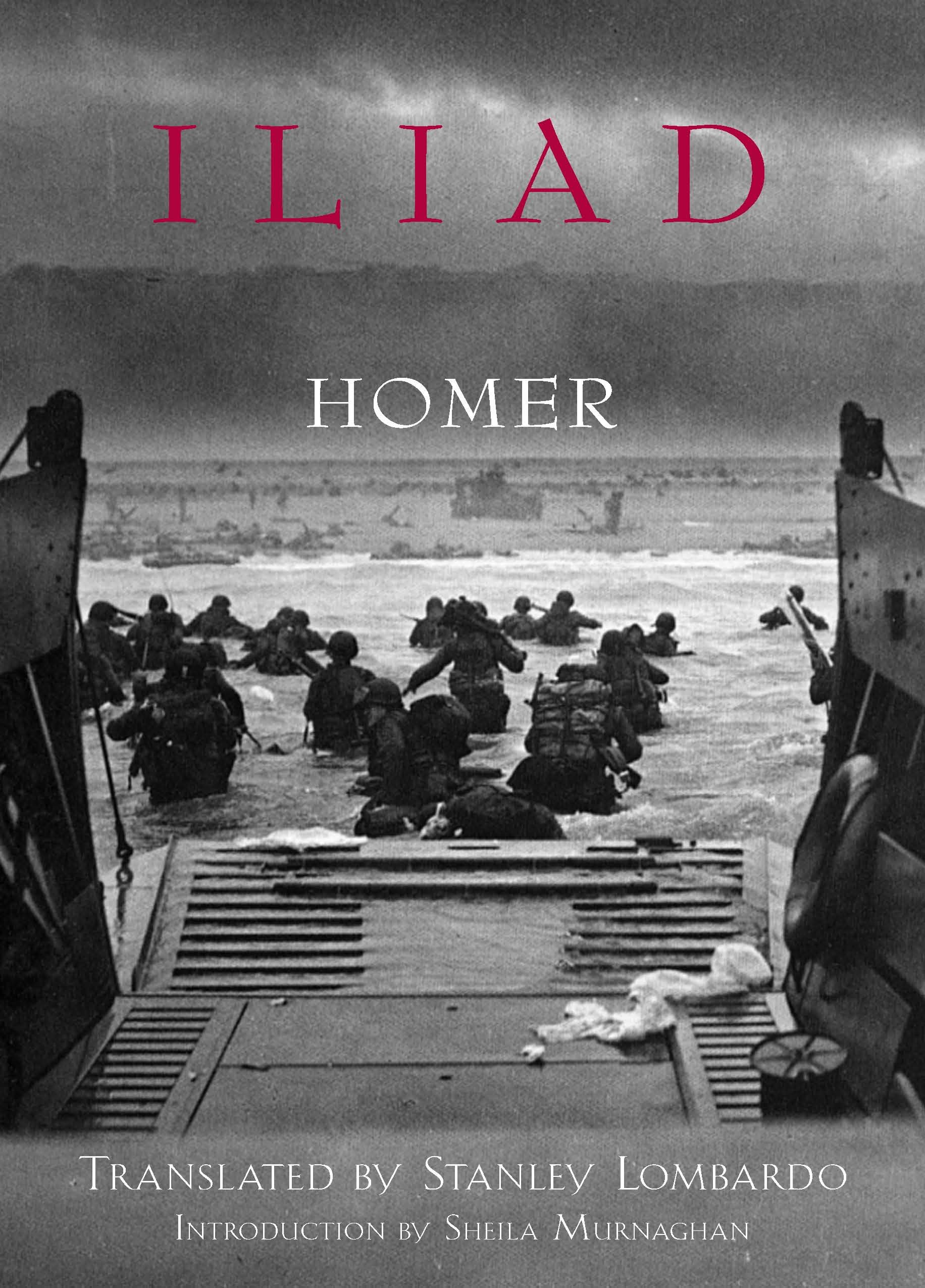






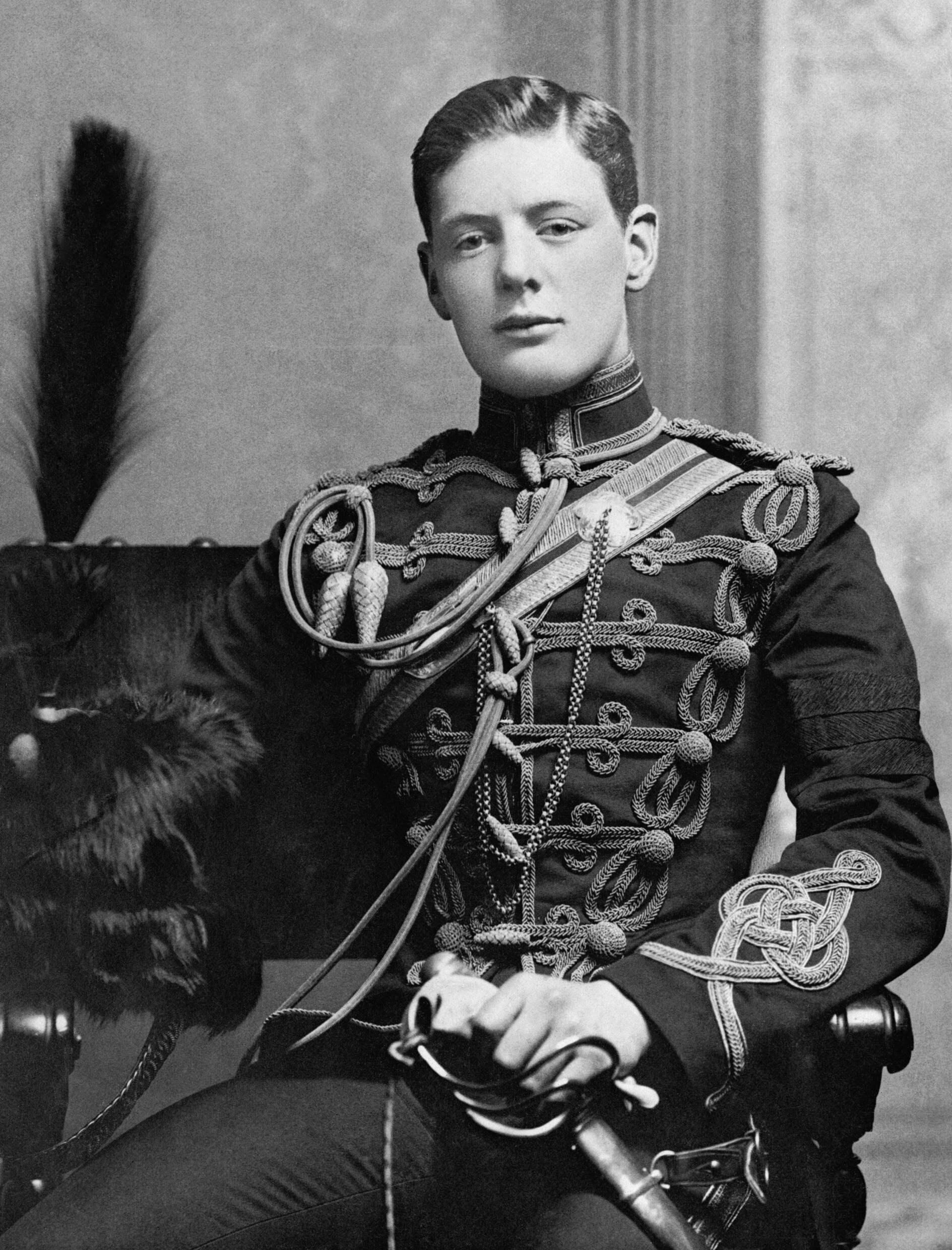 |
| Winston Spencer Churchill, 1895 |

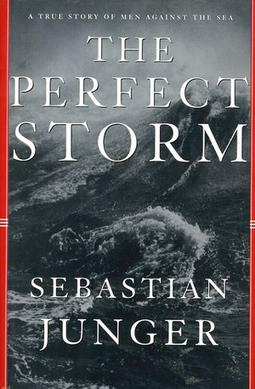
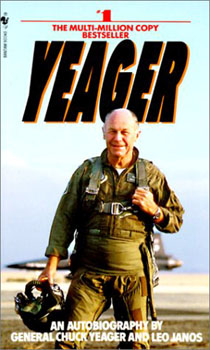


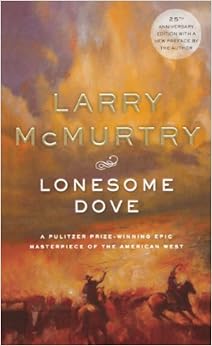
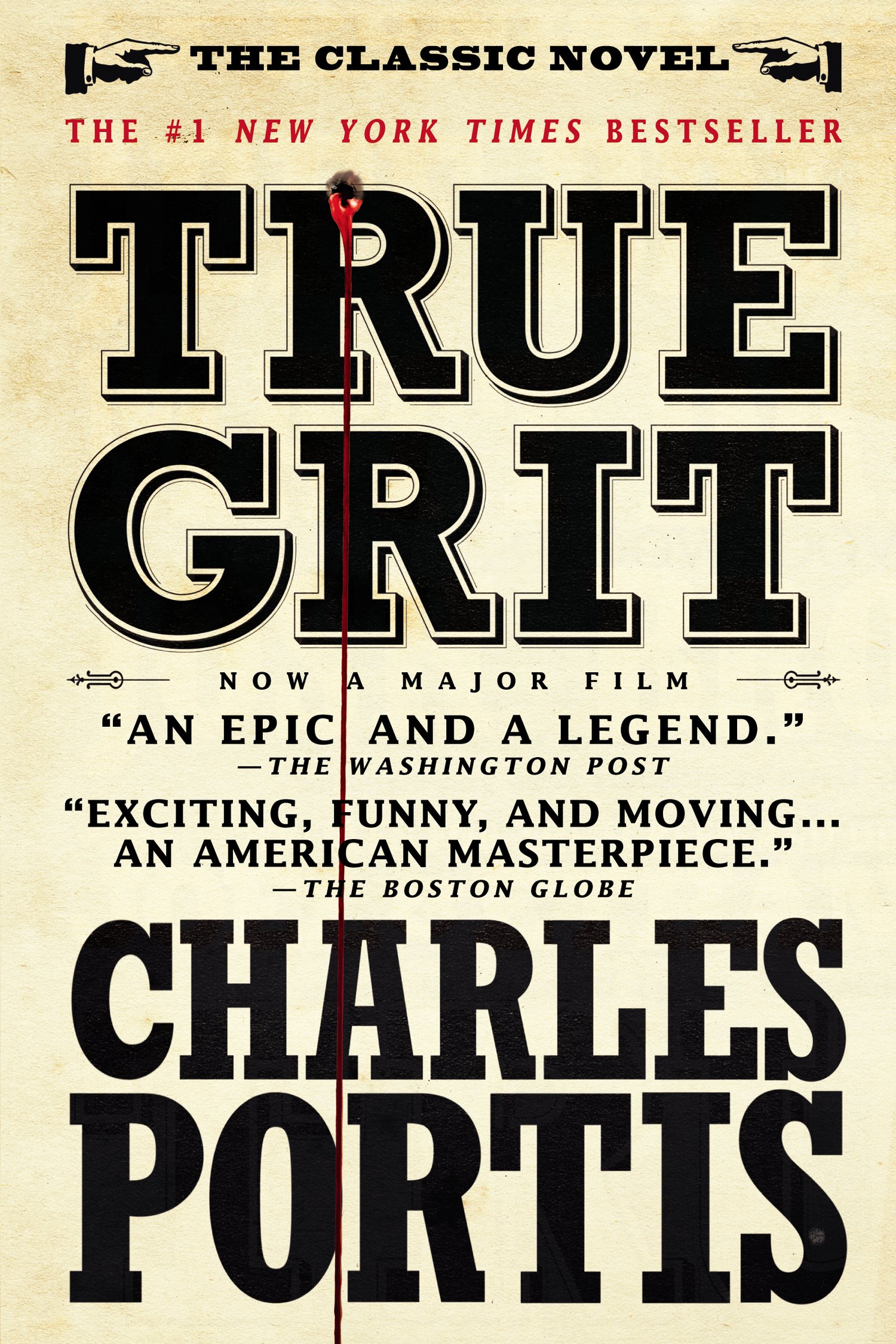

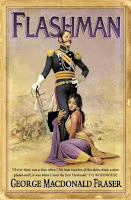







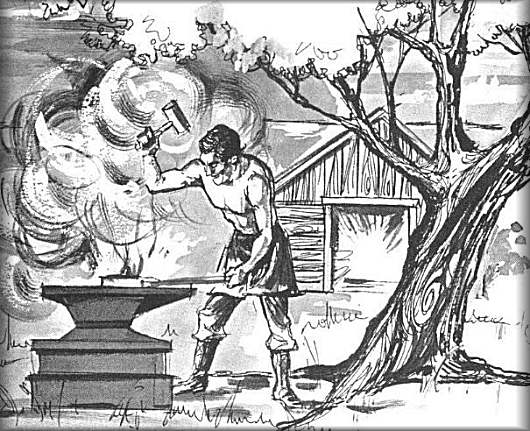
| UNDER a spreading chestnut tree | |
| The village smithy stands; | |
| The smith, a mighty man is he, | |
| With large and sinewy hands; | |
| And the muscles of his brawny arms | 5 |
| Are strong as iron bands. | |
| His hair is crisp, and black, and long, | |
| His face is like the tan; | |
| His brow is wet with honest sweat, | |
| He earns whate'er he can, | 10 |
| And looks the whole world in the face, | |
| For he owes not any man. | |
| Week in, week out, from morn till night, | |
| You can hear his bellows blow; | |
| You can hear him swing his heavy sledge | 15 |
| With measured beat and slow, | |
| Like a sexton ringing the village bell, | |
| When the evening sun is low. | |
| And children coming home from school | |
| Look in at the open door; | 20 |
| They love to see the flaming forge, | |
| And hear the bellows roar, | |
| And watch the burning sparks that fly | |
| Like chaff from a threshing-floor. | |
| He goes on Sunday to the church, | 25 |
| And sits among his boys; | |
| He hears the parson pray and preach, | |
| He hears his daughter's voice, | |
| Singing in the village choir, | |
| And it makes his heart rejoice. | 30 |
| It sounds to him like her mother's voice, | |
| Singing in Paradise! | |
| He needs must think of her once more, | |
| How in the grave she lies; | |
| And with his hard, rough hand he wipes | 35 |
| A tear out of his eyes. | |
| Toiling,—rejoicing,—sorrowing, | |
| Onward through life he goes; | |
| Each morning sees some task begin, | |
| Each evening sees it close; | 40 |
| Something attempted, something done, | |
| Has earned a night's repose. | |
| Thanks, thanks to thee, my worthy friend, | |
| For the lesson thou hast taught! | |
| Thus at the flaming forge of life | 45 |
| Our fortunes must be wrought; | |
| Thus on its sounding anvil shaped | |
| Each burning deed and thought! |